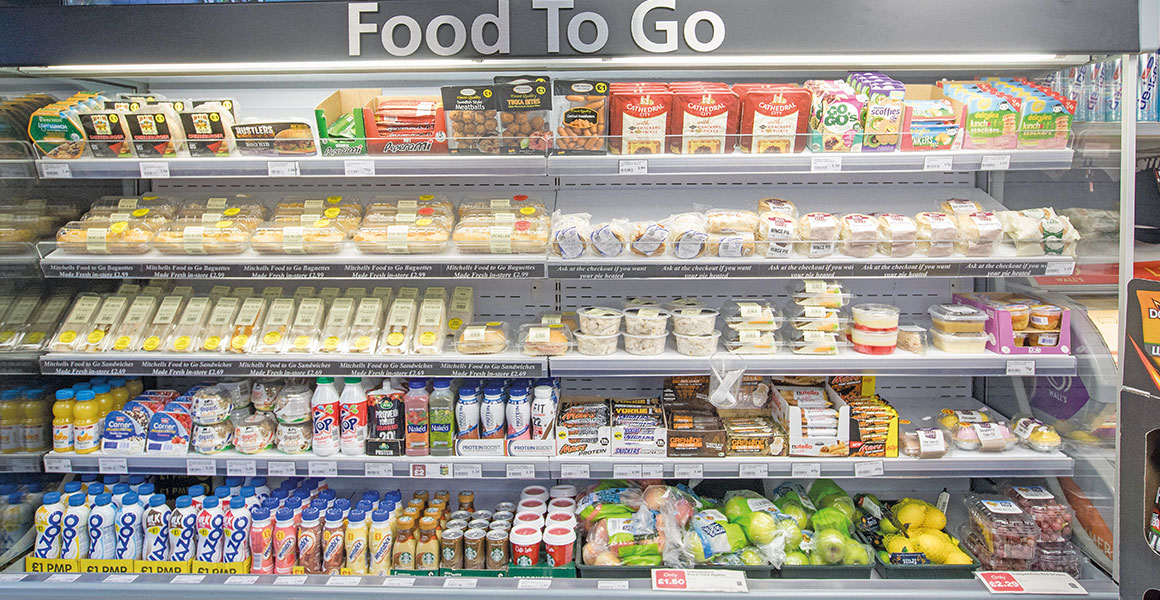The success of local retailers in 2018 and beyond is going to depend on their ability to reskill their businesses and workforces to provide something that Amazon cannot, whatever that something is.
Thinking about the changes to local shops through the 1980s and 1990s, one thing that actually happened was that skills such as the ability to select fresh fruit and vegetables or to cut and present meat or to select which magazines to buy on firm sale were all devalued.
A big driver of this was the development of supply chains to support supermarkets. Another was the rise of TV advertising that made people everywhere desire the same consumer packaged goods, be they extruded snacks or newspaper bingo games.
Local retailers flexed their models to work longer hours and to stock wider and shallower ranges to provide for every need. News on sale or return, attractively packed snacks with planogram hot spots, and chilled soft drinks drove sales.
The core business model was local scarcity. If you were on the right side of the street, the shoppers would come. However, marketing expert Seth Godin says you can no longer count on a steady stream of customers to buy your “knick-knacks, notions and bobbins”.
Once you were the only game in town. Now you have to provide something else “that makes me unlikely to click for an alternative”.
IROF founder Scott Annan believes the answer is food to go. He may be correct. In the 15 December issue of RN, Stuart Mitchell, an Aberdeen c-store owner explained how he has made food to go the heart of his offer. What made me stop and think is there are only 300 homes in his village.
The lesson he has learned and others need to as well is to get the disciplines right in store. In November, I attended an Arytza food demonstration. What can be done with its range and some simple disciplines is amazing. The food was delicious, which is not always my experience of how it is served in local shops.
A final piece of homework for you is to track down Ben Judah’s FT article Two slices of Britain. It is free to read online. It is about the workers at Pret A Manger and Greggs rather than about discipline. But the structure of these companies and how they generate success is clear. The 4am discipline to start making sandwiches. The values of its employees.
One worker, a Romanian named Alin, says: “The English workers are buying sandwiches. But I’m not going to waste my money. I’ve come here for the money. Buying a sandwich? Every day? For me, it’s too expensive.”
Which reminded me of what a very successful Northern retailer told me some time ago: “Nick, I can’t believe how many bottles of water we sell. When I grew up no-one would think of buying water. My dad [who set up the business] would have filled a bottle from a tap and given it to us to carry about!”
Times change. And you are going to have to reskill to beat the web giants.



Comments
This article doesn't have any comments yet, be the first!